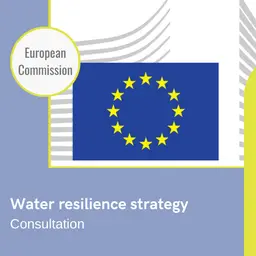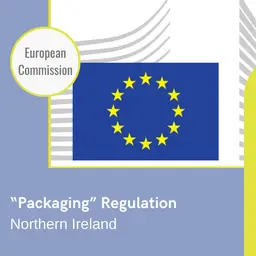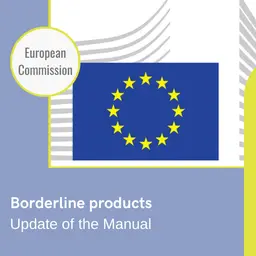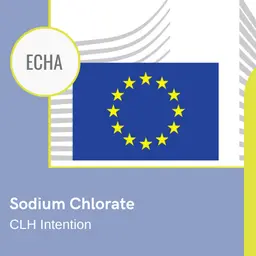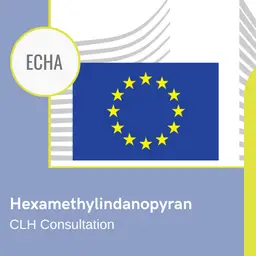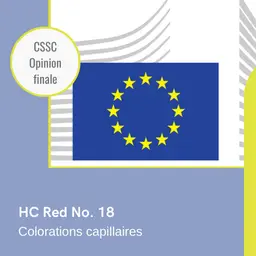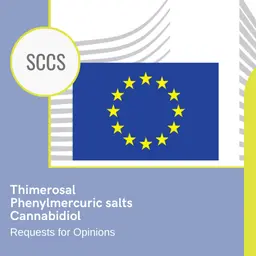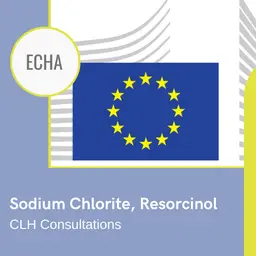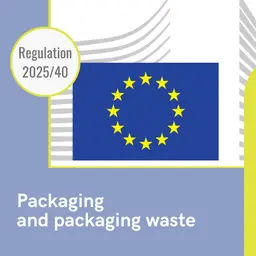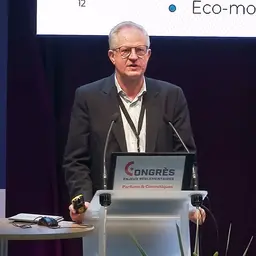
The Nagoya protocol that came into force on 12 October 2014 aims to guarantee the sovereignty of countries in terms of biological wealth. It marks the end of misplaced plundering: from now on, if a laboratory or company wishes to use a country’s resources, an agreement must be signed between the two parties. And of course, since it is keen on raw materials from all around the world, the cosmetics industry is affected. During a workshop on biodiversity, the FEBEA reminded us the principles.
The Nagoya protocol aspires to preserve nature and the countries from which resources are derived, and to fight against bio-piracy.
Background
It is in 1992, at the Earth Summit in Rio de Janeiro, that the notions of biodiversity and preservation of natural resources emerged. The Convention on Biological Diversity (CBD) was to be ratified by 193 countries, under the aegis of the United Nations.
The CBD had several objectives, including the fair and equitable sharing of benefits arising from the use of genetic resources. In other words, the country that supplied the genetic resource needed to derive benefits from it, just like the party that exploited it. It was the first time it had been agreed that a country’s resources were its own. Countries were then considered sovereign as regards the use of their materials and could enjoy economic benefits from it.
However, since countries should legislate on trading conditions themselves, the CBD quickly became tricky to implement. That is how the Nagoya protocol was set up as a legal instrument to help enforce the CBD. It came into force in 2014.
Contrary to the CBD, the Nagoya protocol provides for brands/researchers to no longer negotiate with local populations, but …

